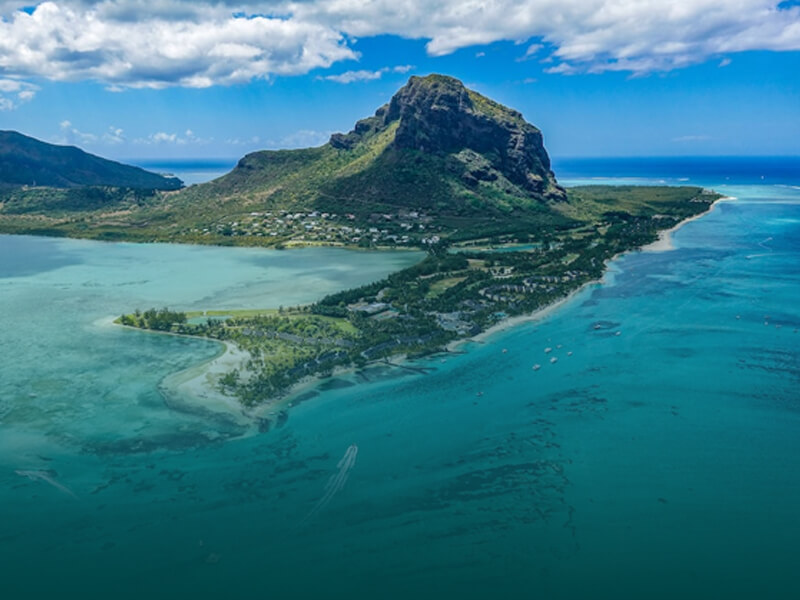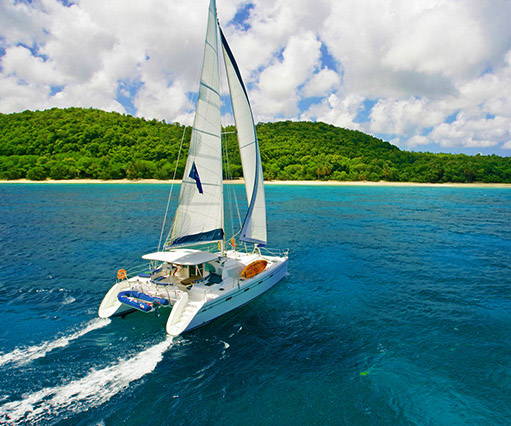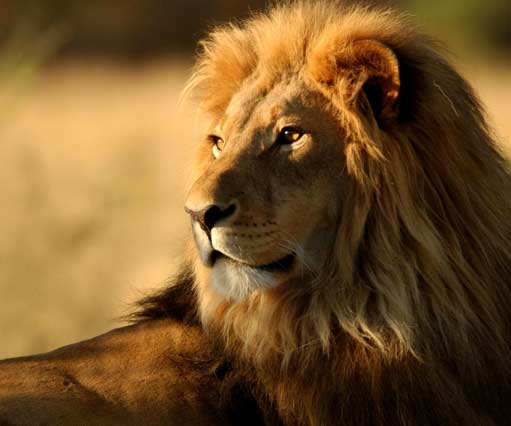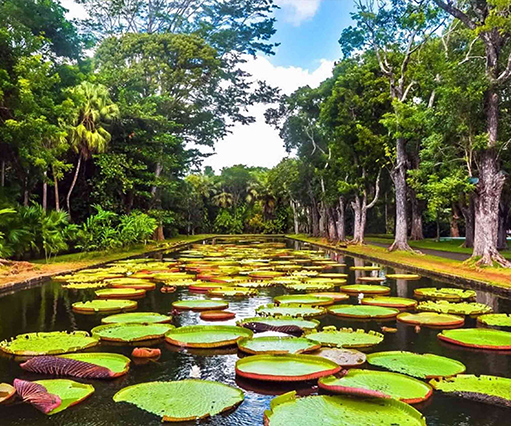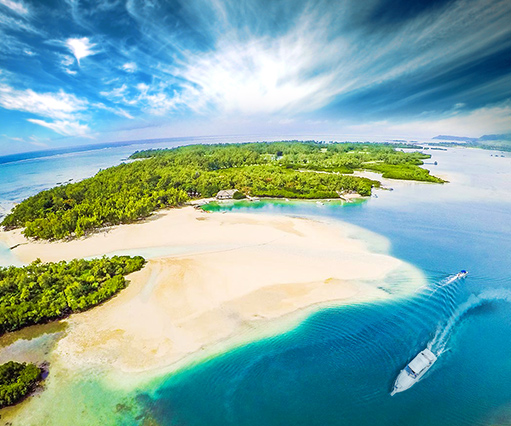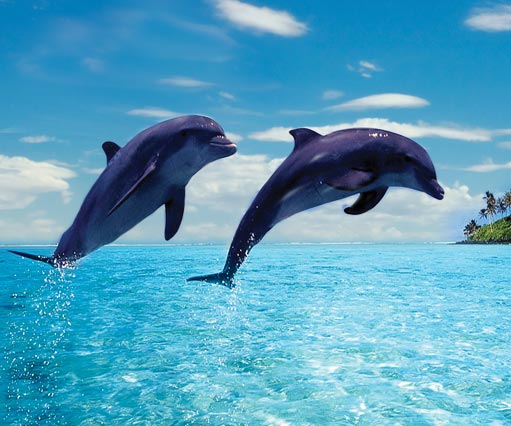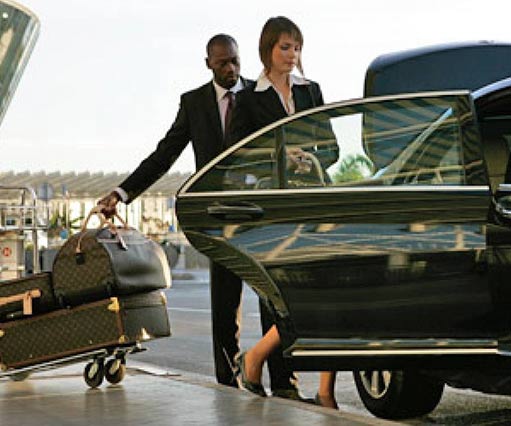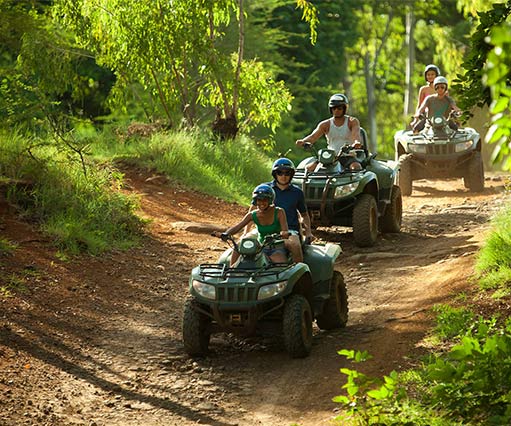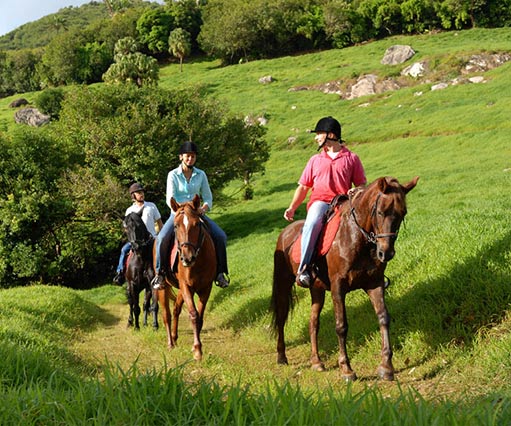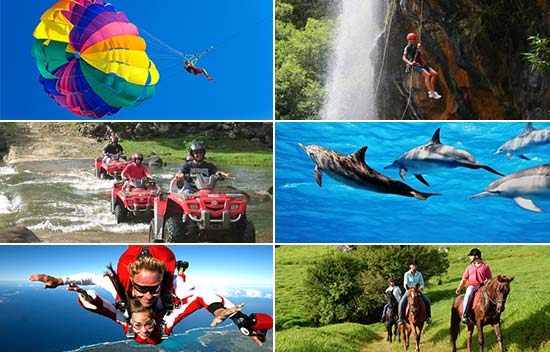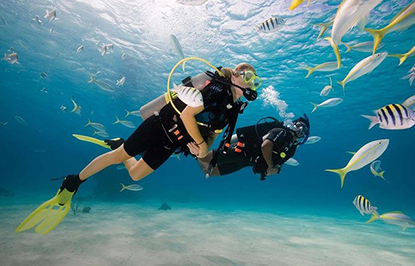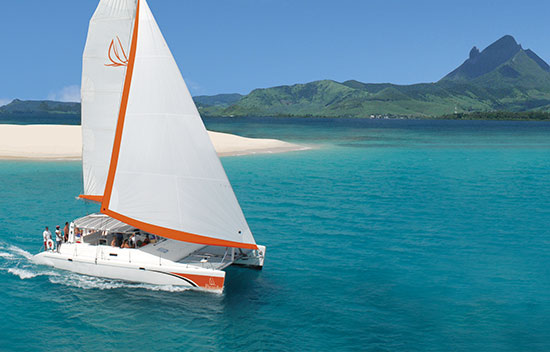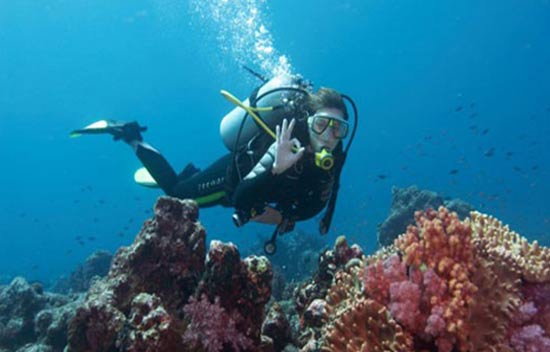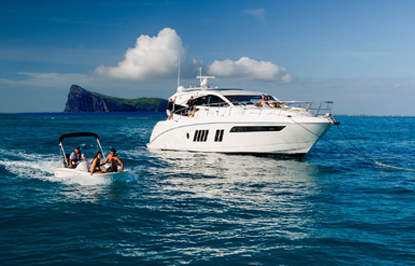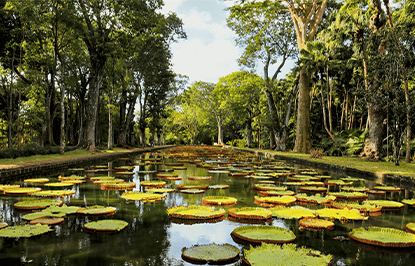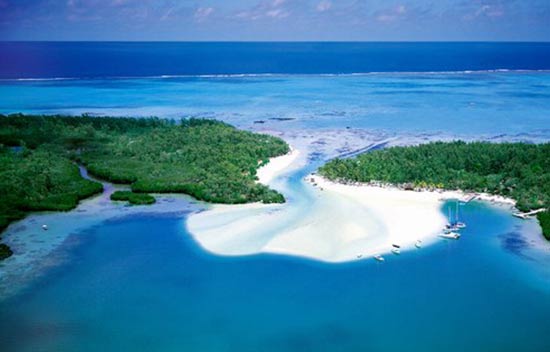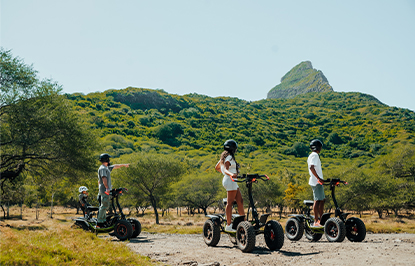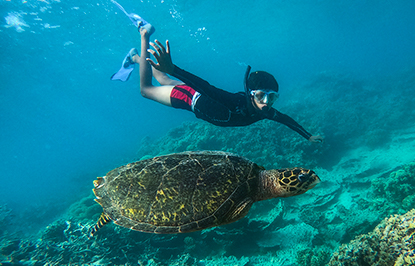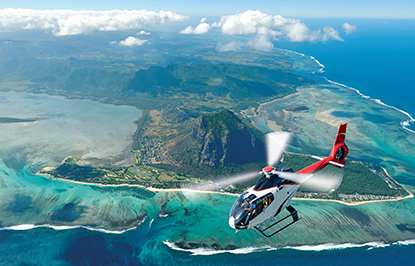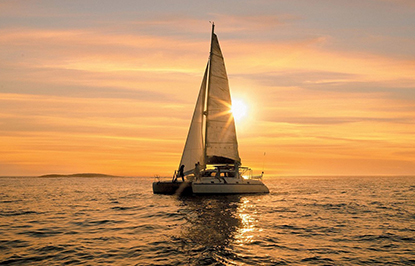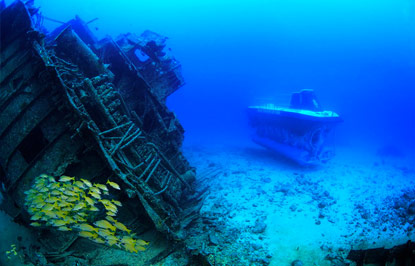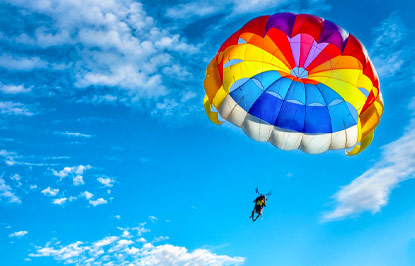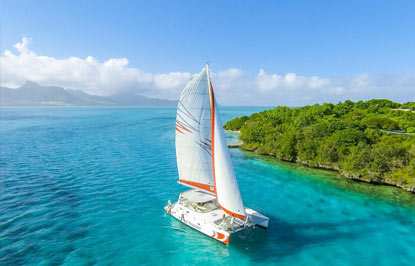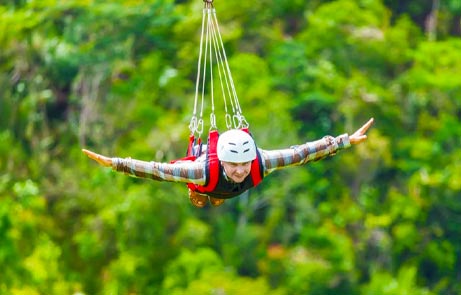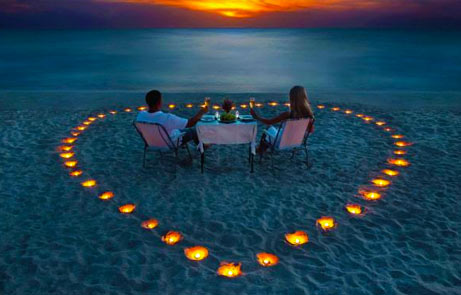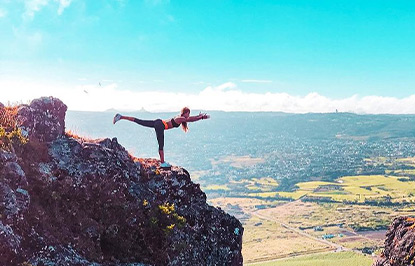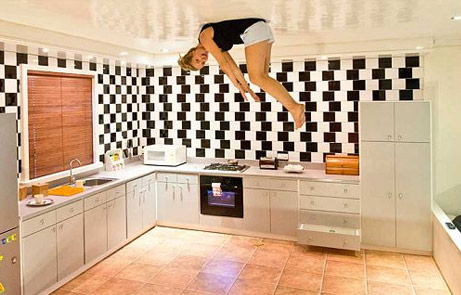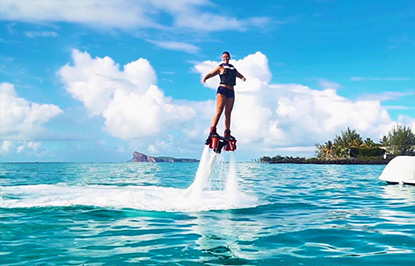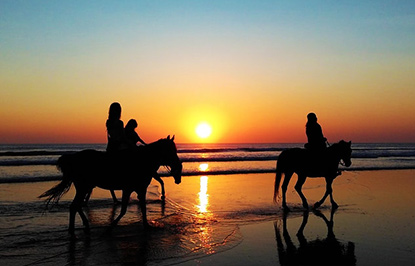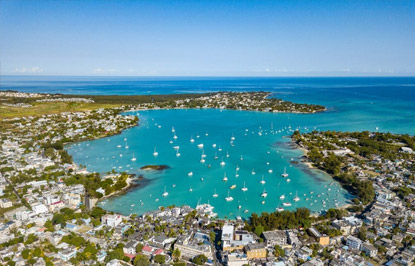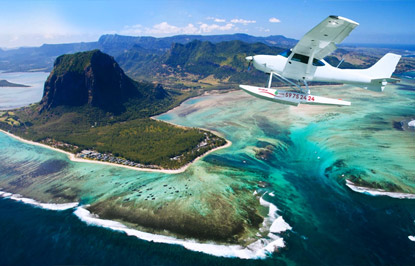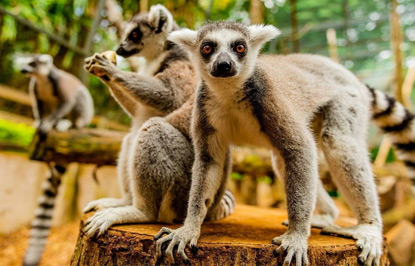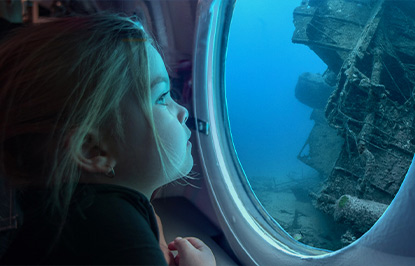What to Know Before You Go: Mauritius Edition
Mauritius Island needs no introduction - this volcanic paradise is world-famous for its pristine lagoons, palm-fringed beaches and coral reefs surrounding most of the coastline.
With a population of around 1.2 million, Mauritius is known for its stability and cultural diversity. Communities of Hindus, Muslims, Creoles, Chinese and Europeans peacefully coexist, preserving their ancestral traditions.
.jpg)
How big (or small) is Mauritius?
Mauritius is one of the smallest countries in Africa by area, and ranked 178th worldwide.
Width: 46 km
Length: 61 km
Area: 2,040 km²
Let’s illustrate it: Mauritius is about 3 times the size of Singapore or Ibiza, 80% the size of Luxembourg, and 27 times the size of Santorini.
Read more about the Geography of Mauritius here.
Mauritius Island is divided into 9 districts:
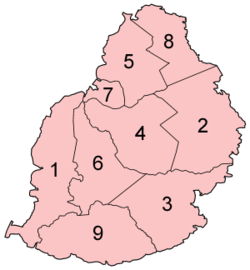
- Black River
- Flacq
- Grand Port
- Moka
- Pamplemousses
- Plaines Wilhems
- Port Louis (Capital of Mauritius)
- Rivière du Rempart
- Savanne
Did you know?
Mauritius isn't just one beautiful island! Its dependencies include Rodrigues Island, Agalega Island, and the pristine Saint Brandon. Moreover, there are multiple islets around Mauritius that you can visit by catamaran cruises, speed boat trips or yacht.
Languages in Mauritius
Language unifies Mauritius, where most are bilingual in French and English, with Creole (Kreol Morisyen) being the native language.
Other languages such as Bhojpuri, Tamil, Telugu, Hindi-Urdu, Arabic and Chinese add to the cultural diversity of this linguistic mosaic.
Curious how such a small island is familiar with so many languages? Find out more here.
Mauritius History
- Discovered by Arab sailors in the 10th century, Mauritius was officially explored by the Portuguese in the 16th century.
- The Dutch settled the island from 1598 to 1712, naming it after Prince Maurits van Nassau.
- Later, the French (1715-1810) established the island as a key naval base overseeing Indian Ocean trade, renaming it “Isle de France”, and a sugar cane plantation economy.
- In 1810, the British captured the island during the Napoleonic Wars through the Treaty of Paris.
- Mauritius remained a crucial British naval and air station during World War II, gaining independence on March 12, 1968.
.jpg)
Continue reading about the History of Mauritius here.
Things to Do in Mauritius
Mauritius has earned the reputation of a top holiday destination, but only a few of the island visitors know that Mauritius is one of the leading destinations in the world while referring to the large variety of activities it offers in comparison to its size.
.jpg)
When you visit, get ready to be mesmerised by the incredible attractions and hidden gems that Mauritius has to offer, just waiting to be explored.
From more traditional museums, parks and reserves, to extreme activities, sea/water activities, foodie packages and many more, you will find it all!
Your Ultimate Island Guide - Insider Tips
What to wear
- Sun Protection: Bring a wide-brimmed hat, sunglasses, and sunscreen. The sun is strong year-round, so protect yourself from head to toe.
- Swimwear: Pack multiple swimsuits and cover-ups. Nudity is not allowed on beaches, so ensure your swimwear offers reasonable coverage. Quick-drying fabrics are ideal.
- Lightweight Clothing: We recommend breathable, loose-fitting clothes like t-shirts, shorts, and sundresses in light, natural fabrics like cotton or linen. They'll keep you cool and comfortable in the heat.
- Long-sleeved Options: Include at least one long-sleeved shirt and lightweight pants for cooler evenings, higher elevations and visits to religious sites.
- Comfortable Shoes: Pack versatile shoes like sandals or sneakers for exploring towns, hiking trails, and beaches. Flip-flops are great for the beach, but avoid them for sightseeing.
- Rain Jacket: Pack a lightweight rain jacket for sudden showers, especially during the summer months (November to April).
Shopping
If you wish to know more about shopping in Mauritius, check out our guide on popular shopping destinations, must-visit markets, opening days, insider tips and much more!
Many duty-free shops and modern shopping centres offer a wide choice of products.
.jpg)
Currency
- The Mauritian Unit Currency is in terms of Rupees (Rs)
- There are coins of 5, 20 and 50 cents and coins of 1,5,10 and 20 rupees
- The banknote denominations are in 25, 50, 100, 200, 500, 1000 and 2000 rupees
Tipping
Tipping is not mandatory but is appreciated at restaurants, taxis and for good service.
Driving
Driving in Mauritius is on the left, with priority to the right, making it important to familiarise yourself with local traffic rules before setting out on the roads, especially if you're planning to rent a car during your stay.
Emergency numbers
International Country Calling code - Mauritius
- +230
Tip: Invest in a local SIM card for internet access and Google Maps navigation as a backup.
Emergency numbers
- Police: 999 / 112
- Ambulance: 999 / 114
- Fire: 995 / 115
- Information: 150
Time
Mauritius is 4 hours ahead of Greenwich Mean Time and 3 hours ahead of mid-European Time (2 hours difference during the winter time, and 4 hours difference during the summer time).
It's worth noting that things move at a slower pace in Mauritius. Relax and enjoy the laid-back atmosphere.
Mauritius awaits! These friendly tips are just a stepping stone to your island adventure. Remember, every smile, every conversation, and every hidden gem you discover adds another layer to your unforgettable experience.
So, pack your curiosity, embrace the island rhythm, and get ready to create memories that will last a lifetime. Bon voyage!
Bonus: Check out our Essential Travel Tips for a Safe Holiday in Mauritius.














